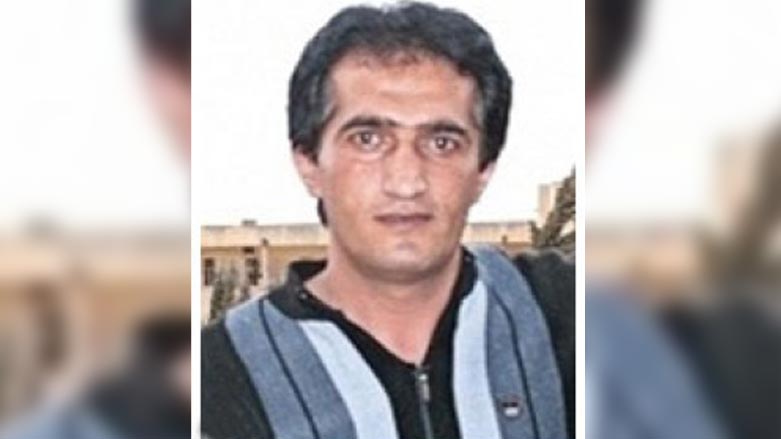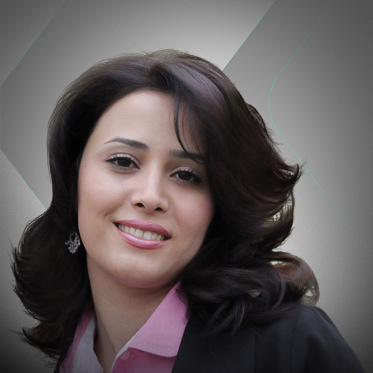Kurdish prisoner denied furlough for eight years

HORMOZGAN, Iran (Kurdistan24) – Kamal Sharifi, a Kurdish political prisoner in Iran, was denied furlough in his eighth year in prison.
Arrested in 1998 in Saqez, Kurdistan Province for alleged ties to a Kurdish opposition party, Sharifi has been in internal-exile in Minab, Hormozgan Province in southern Iran.
Over the past eight years, he was allowed to visit his mother only once under strict conditions and only after he went on a hunger strike.
Sharifi said the strike gave him gastronomical issues, but he was denied medical treatment.
A resident of the city of Saghez, Sharifi was detained for his writing and alleged political affiliations with the Kurdistan Democratic Party (PDK).
He was reportedly charged with Moharebeh (enmity against God) by Judge Shayegh in Branch one of the Revolutionary Court.
Moharebeh is a crime punishable by death in Iran. Sharifi was sentenced to 30 years in prison.
The United Nations (UN) representative of the Association for Human Rights in Kurdistan of Iran-Geneva (KMMK-G), Taimoor Eliassi told Kurdistan24 63 of the 93 charged with Moharebeh in Iran in 2015 were Kurdish.
A group of human rights experts warned earlier this year that a large number of political prisoners in Iran were denied the right to receive medical treatment.
Some of these political prisoners are at risk of death.
Ahmad Shaheed, the UN Special Rapporteur on the Situation of Human Rights in the Islamic Republic of Iran, and other experts pointed to the unjust treatment of prisoners.
“Prominent human rights defenders, lawyers, and political activists are suffering from deteriorating health conditions as the Iranian officials continue to refuse adequate medical treatments to them,” experts said.
“The denial of medical care, physical abuse, either in overcrowded prisons or in solitary confinement, and other forms of torture and ill-treatment exposes prisoners to risk of serious injuries and death,” the experts continued.
According to Human Rights Activists News Agency (HRANA), “Currently there are at least 48 male prisoners in Iranian prisons on charges of Moharebeh.”
HRANA added these prisoners “have in different ways been sentenced to more than 20 years imprisonment (except life imprisonment sentences).”
Editing by Karzan Sulaivany
